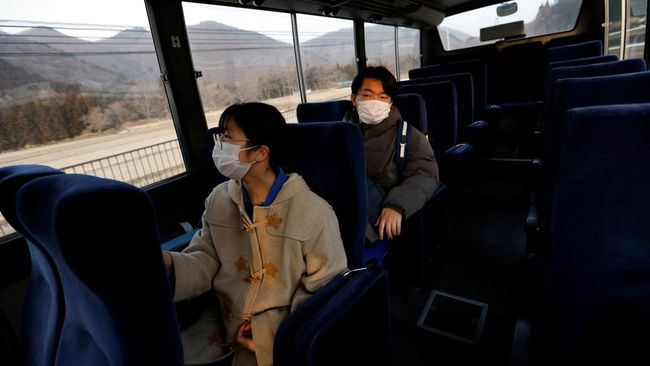ANPEa bus and cars went up in flames
NOS Nieuws•gisteren, 21:28
Who started the riots in The Hague? Were they opponents of the regime who attacked a gathering of supporters? Or was this the work of the Eritrean government itself, which wants its opponents abroad to be sent back to Eritrea so that they can be eliminated?
Professor of international relations and Eritrea expert Mirjam van Reisen does not rule anything out. She therefore wants a proper investigation into the outbreak of violence last night, which injured eight police officers and caused tens of thousands of euros in damage. The police have arrested thirteen men.
Proponents and opponents
There is a dictatorship in Eritrea. There is no freedom of the press and freedom of expression and religion are limited, the human rights organization says Amnesty International. Criticism of the ruling party and president is punished with disappearances, torture and long prison sentences. Many Eritreans have therefore fled abroad. About 25,000 now live in the Netherlands.
These are not just political refugees. Especially in the 1980s, when a war of liberation was raging in Eritrea, Eritreans fled abroad to escape war and violence, including to the Netherlands. Among the Eritreans who have been here for some time are many supporters of President Afewerki, who has been in power since 1993, says Van Reisen.
That regime has a long arm. The radio program Argos revealed in 2017 and 2020 that secret agents of the regime intimidated Eritreans in the Netherlands. Eritreans were also pressured to pay money. If they refused, their family in Eritrea might suffer.
Acts of violence
In recent years, there have been clashes between supporters and opponents of Afewerki in several countries, including in the Netherlands. For example, last year several people were injured in Rijswijk during an Eritrean party celebrating Eritrean independence day. In Germany and Sweden, similar demonstrations resulted in riots.
Van Reisen does not rule out that the government of Eritrea had a hand in yesterday’s riots in The Hague. “We have also seen in previous incidents that the regime trained and deployed paramilitary groups to start those riots.”
She points to the riots between Eritrean asylum seekers in Tel Aviv last year. Hundreds of supporters and opponents of the regime clashed with each other and the Israeli police. More than 140 injuries were reported. According to Van Reisen, the riots were started by Eritrean paramilitaries.
Scenario The Hague
She does not rule out that this also happened in The Hague. The aim would then be that Eritrean refugees are shown in a bad light and that the Netherlands decides to send them back. “Of course, they would prefer that those opposition members be sent back to Eritrea, because then they can make short work of them.”
Van Reisen has no evidence that the Eritrean government had a hand in the riots in The Hague, but she does want this to be properly investigated. “So what I’m saying is: we really need to investigate this further. We need to investigate who initiated those riots in The Hague.”
The easiest way
Van Reisen does not believe that all visitors to the meeting in The Hague are supporters of the regime. “There will certainly also be people among those so-called partygoers who do not want to get into trouble, because the regime has influence here and intimidates. If you are not loyal to the regime, you will suffer from it, your family back home in Eritrea will suffer from it. suffer from it. So sometimes it is the easiest way or perhaps the only possible way to just pretend that you are joining that regime.”
2024-02-18 20:28:14
#Riots #Hague #work #Eritrea #government


